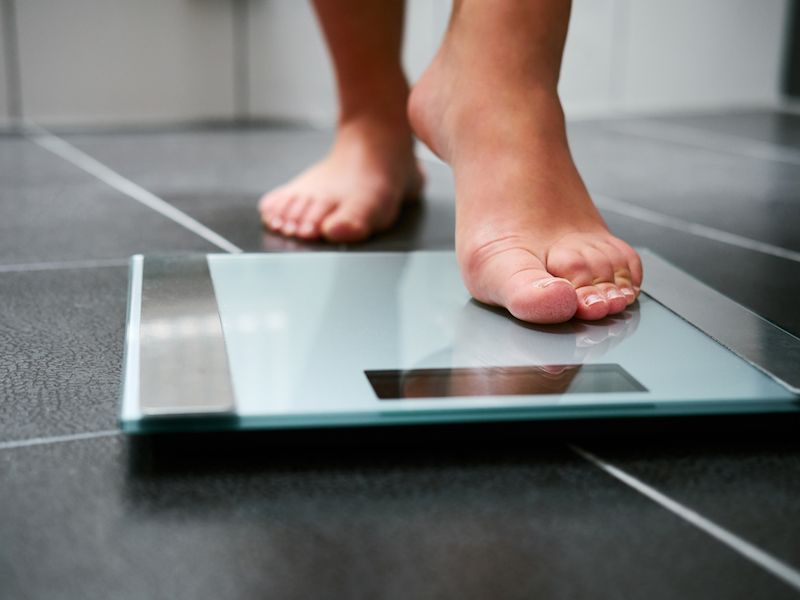
We’ve long known that overeating is detrimental to our health, this is especially true over longer periods of time. Obesity is related to several health concerns. You can add hearing loss to high cholesterol, heart disease, and diabetes as a potential concern. It’s calculated that around 48 million people in the United States, about 20% of the nation’s population, deal with loss of hearing, and nearly twice that number of adults, 93 million, are obese. Throughout the country, these staggering numbers point out a significant health concern.
What is The Relationship Between Loss of Hearing And Obesity?
Numerous studies have revealed that hearing loss and obesity have a relationship. Even though scientists are still researching the connection, it’s assumed that hearing loss and being overweight have a connection because of its impact on our circulatory system. Also, obesity is connected to high blood pressure and diabetes, which are also connected to hearing loss.
Our inner ears are filled with microscopic hairs that perceive sound in the ear. These little hairs, called stereocilia, require a steady flow of blood and oxygen to function correctly. Because of obesity, the blood flow is restricted in the body since the heart will have to work harder to get the blood to flow around the body, which means that your inner ear is functioning on less-than-optimal blood flow. The ears can be permanently impaired in this way. Diabetes, high blood pressure, and heart disease affect the inner ear in a similar way, since all of these illnesses negatively impacts your blood flow.
Keeping your weight under control is particularly relevant as you get older since age-related hearing loss and a high index of fat mass are also connected. In the past, your body’s metabolism worked more efficiently and faster, which is the reason why you should attempt to formulate healthy habits when you’re younger and stay to those habits as the years go by.
Your hearing and your general health are benefited by good nutrition.
Treatments For Obesity-Associated Loss of Hearing
It’s possible that you may not be able to recover your lost hearing if it’s brought on by obesity, nevertheless, it’s always smart to get your ears tested to find out the degree of your hearing loss. If the injury is irreversible, you might require a hearing aid or other device to begin hearing correctly again.
If the damage is not that severe, you might have considered trying to consult your physician about making an exercise and diet routine to lessen the impact your weight has on your health before it gets any worse. Your doctor should recommend a cardio intensive exercise regimen that will get your blood pumping and improve your general health. There will be, more than likely, other improvements in your life too, mental health, for example, since regular exercise has been shown to decrease depression.
Obesity-Related Hearing Loss, How to Prevent it
In order to stop obesity-related loss of hearing day to day exercise and a nutritious diet are a must. Your ears will undoubtedly be kept in superior shape if you keep your body healthy. A good place to start is to consult with a nutritionist who can help develop a program that’s individualized for you and is focused on assisting you to attain your goals. The nutritionist can make sure you’re eating the correct blend of nutrients in nutritious foods, foods that are high in iron, for example, since, you guessed it, a lack of iron in your diet can lead to tinnitus and cause hearing loss.
Find out more regarding hearing loss and how you can hear better with the proper treatment.
